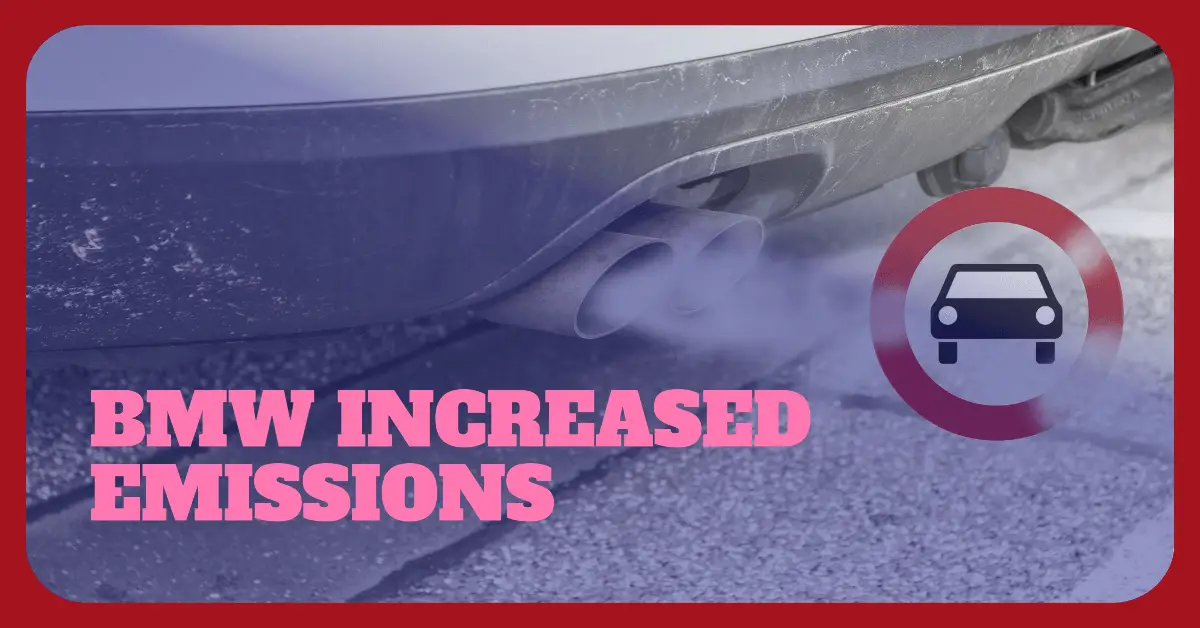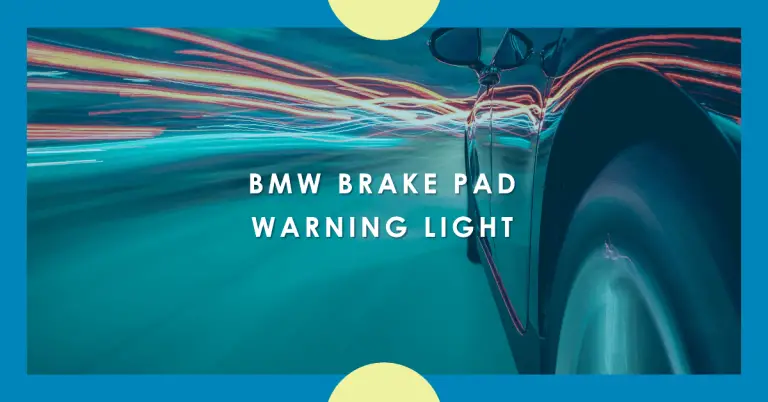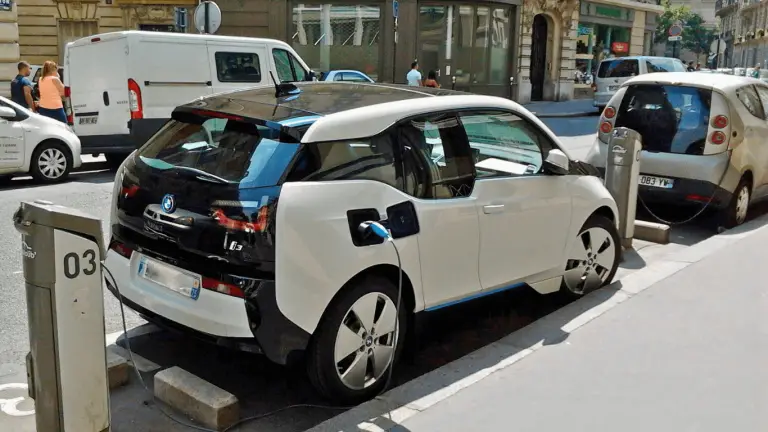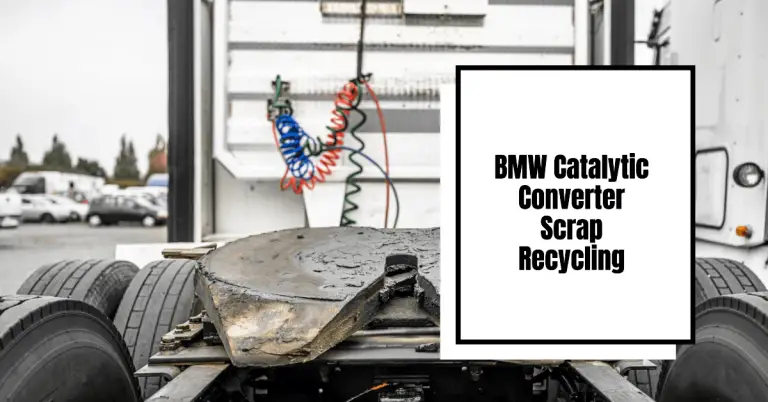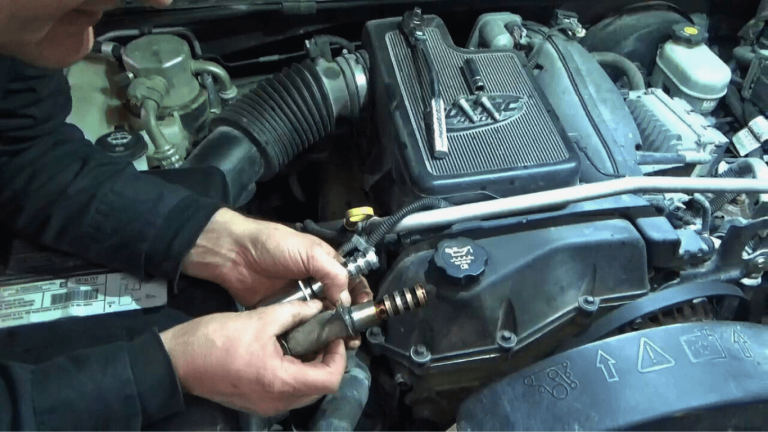Increased Emissions from BMW: Causes and Potential Solutions
Over the past decade, BMW has faced growing scrutiny over increasing emissions from its vehicle lineup. The automaker, once synonymous with performance and driving dynamics, now grapples with a reputation increasingly at odds with a carbon-conscious world.
In this article, we’ll explore the primary factors causing higher emissions from BMW models and look at the potential solutions and changes ahead that can steer the brand back toward sustainable mobility.
Shifting Lineup Away From Efficiency
BMW built its reputation in the 1970s and 80s by selling sports sedans and luxury cars that still delivered better fuel efficiency than rival brands. Models like the 3 Series and 5 Series became status symbols that didn’t completely sacrifice MPG at the altar of performance.
However, over the past decade, BMW has shifted its lineup toward larger SUVs and even higher-performance luxury vehicles. Data shows the average fuel economy across BMW’s U.S. fleet has stalled at 25 MPG since 2014 as models like the X5 and X7 now account for over 50% of sales.
These larger SUVs inevitably consume more fuel and emit higher levels of CO2 than the average sedan. The four-cylinder X3 manages just 21/29 MPG city/highway per EPA ratings. The heavyweight X7 sports an even thirstier twin-turbo V8 achieving just 16 MPG combined.
In addition to SUVs, high-performance M models now proliferate throughout BMW’s lineup, from the M3 to M5 and hotted-up X5M. These track-tuned variants sacrifice efficiency for blistering 0-60 times and top speeds north of 150 MPH.
While delightful for enthusiasts, models like the 600 hp M5 Competition net a dismal EPA rating of just 15 MPG combined. Those opting for maximum performance inevitably pay the price at the pump.
The Fallout from Diesel Emissions Scandals
BMW also stumbled in recent years from revelations it used defeat devices and manipulations to cheat diesel emissions tests. Investigations found BMW diesels emitted nitrogen oxides (NOx) far exceeding limits under real-world driving conditions.
Like Volkswagen’s infamous Dieselgate scandal, these devices BYPASSED emission controls when not undergoing regulatory testing. Some BMW diesels emitted NOx levels over 25 times the legal limit per this study.
Beyond the ethical concerns, this reliance on diesel also contributed to BMW lagging with electrified powertrains. As brands like Toyota and Hyundai chalked up portfolio-wide fuel economy gains from hybrid models through the 2010s, BMW remained steadfast on diesel for Europe despite declining demand.
The Cumulative Effects of Less Efficient Powertrains
The combination of larger gasoline SUVs, high-performance M cars, and cleaner diesels failing to materialize led to BMW falling behind key rivals in fleet-wide fuel economy and emissions.
Analysis by the International Council on Clean Transportation found BMW’s overall European fleet emitted about 131 grams of CO2 per kilometer during 2020, well above Mercedes (117 g), Audi (111 g), and Volvo (104 g).
Across the Atlantic, EPA data for 2018 model years showed BMW lagging with the highest average CO2 emissions of any luxury brand – nearly 45 metric tons per year on average.
The culmination of these factors means that on average, gassing up a BMW model and driving it for a year will emit significantly more carbon into the atmosphere compared to rival luxury vehicles. Those emissions contribute to climate change, air pollution, and all the resulting environmental damage.
BMW’s Reputation Takes a Dent
Consumer perception that BMW no longer prioritizes efficiency and low emissions has started to take a toll. Buyers increasingly expect brands to take tangible action reducing their carbon footprints.
Surveys showed BMW dropped three spots since 2015 in unaided brand awareness among U.S. car shoppers. The company also fell from 8th to 12th in Consumer Reports’ annual ranking of most reputable companies.
Reviewers now regularly critique new BMW models for their regression in fuel economy versus competition. The latest 4 Series for example manages just 23 combined MPG with its base engine, trailing equivalent models from Mercedes and Audi by over 5 MPG.
This erosion in reputation for efficiency and sustainability could impact BMW’s sales and profitability long-term. Consumers increasingly expect action backing up marketing claims around social responsibility.
Growing Regulatory and Legal Pressure
BMW also faces growing pressure from regulators and legal action over its increased emissions in recent years. Nitrogen oxide emissions up to 14 times legal limits triggered a probe of BMW engines by German prosecutors in 2020.
Groups like the European Federation for Transport and Environment filed lawsuits alleging BMW misled consumers on diesel vehicles meeting emissions standards. The UK vehicle certification agency also issued a recall of over 200,000 BMW diesels for manipulating tests.
Ongoing legal action and tightening emissions rules in Europe add pressure on BMW to take tangible steps reining in emissions or face hefty fines.
What Can BMW Do to Reduce Emissions?
In the face of slipping efficiency benchmarks and growing criticism, BMW does have opportunities to curb emissions across its vehicle lineup:
- Electrify models spanning all segments – BMW finally embraced EVs with its new i4 and iX models, but more work remains to electrify SUVs and performance cars. broader hybrid adoption can help bridge the gap.
- Improve gas/diesel fuel economy – updating engines with new start-stop, cylinder deactivation, 48V mild hybrid tech, and even diesel-hybrids could achieve 10-15% MPG gains.
- Incentivize EV purchases – discounts, free charging, HOV access are just some of the carrots BMW can offer to nudge buyers into choosing its electric over ICE models.
- Invest in renewable energy – BMW can offset some emissions by purchasing credits funding wind/solar farms to cover electricity needs at factories.
- Set public targets – establishing a benchmark for fleet emissions reductions by 2025-2030 can hold BMW accountable to measurable sustainability goals.
Are Vague Pledges Enough?
BMW has so far relied mostly on promoting its sustainability initiatives more than concrete changes to products or operations. Ads tell us they are committed to climate protection and have a vision of circular economy.
But specifics are scarce. A recent Super Bowl ad touted unspecified plans to build EVs using renewable energy, yet included no firm production targets or dates. Proclamations without clear accompanying actions risk being perceived as greenwashing.
To improve their image around sustainability, BMW needs to highlight exactly HOW they plan to tangibly reduce lifetime emissions from millions of vehicles over the next decade. Marketing should reflect measurable progress consumers can appreciate.
How Can Customers and Investors Incite Action?
While BMW needs to demonstrate the initiative to curb emissions across its operations, customers and investors can also pressure change through:
- Choosing efficient/electric models – sales gravitating toward EVs and away from worst-MPG models signals changing demand BMW must address.
- Providing direct feedback – respectfully tweeting, emailing, writing BMW leadership advocating for efficiency helps show it’s a priority for customers.
- Shareholder resolutions/proposals – large investors can put forth sustainability proposals at annual general meetings to force a vote.
- Reviewers deducting points – media outlets penalizing low MPG models in reviews and rankings pushes BMW to improve fuel economy more urgently.
In a competitive, transparent world, luxury automakers can’t hide from scrutiny over the emissions impact of their products. While BMW clearly stumbled in this area recently, it still has opportunities ahead to retake the mantle of leadership in sustainable mobility.
Conclusion
BMW rose to prominence by blending performance and luxury with fuel efficiency. But the trend toward larger SUVs, more powerful M models, diesel deception, and lack of electrification caused BMW’s emissions to rise sharply versus key rivals in recent years.
This backsliding on efficiency has damaged BMW’s brand reputation and drawn legal heat. But by electrifying models across its lineup, improving gas/diesel MPG, incentivizing EVs, offsetting emissions and setting firm reduction targets, BMW can still regain perception as a sustainability leader befitting its heritage.
Combined with pressure from customers and investors, these solutions offer a path for BMW to curb emissions and recapture the ethos of dynamics and efficiency it was founded upon. The coming decade will prove whether BMW embraces this challenge with the conviction needed to thrive in an increasingly carbon-constrained world.

